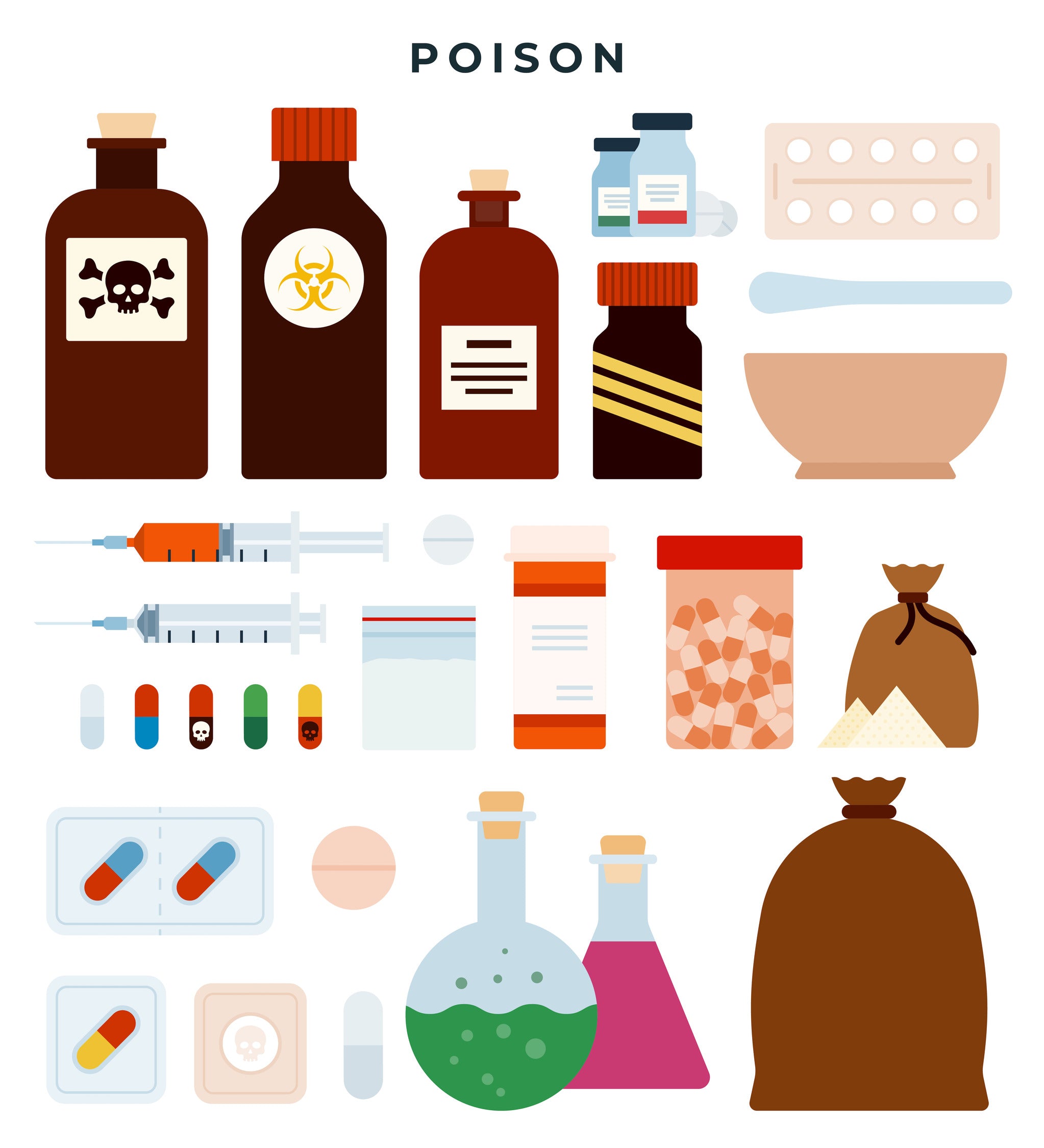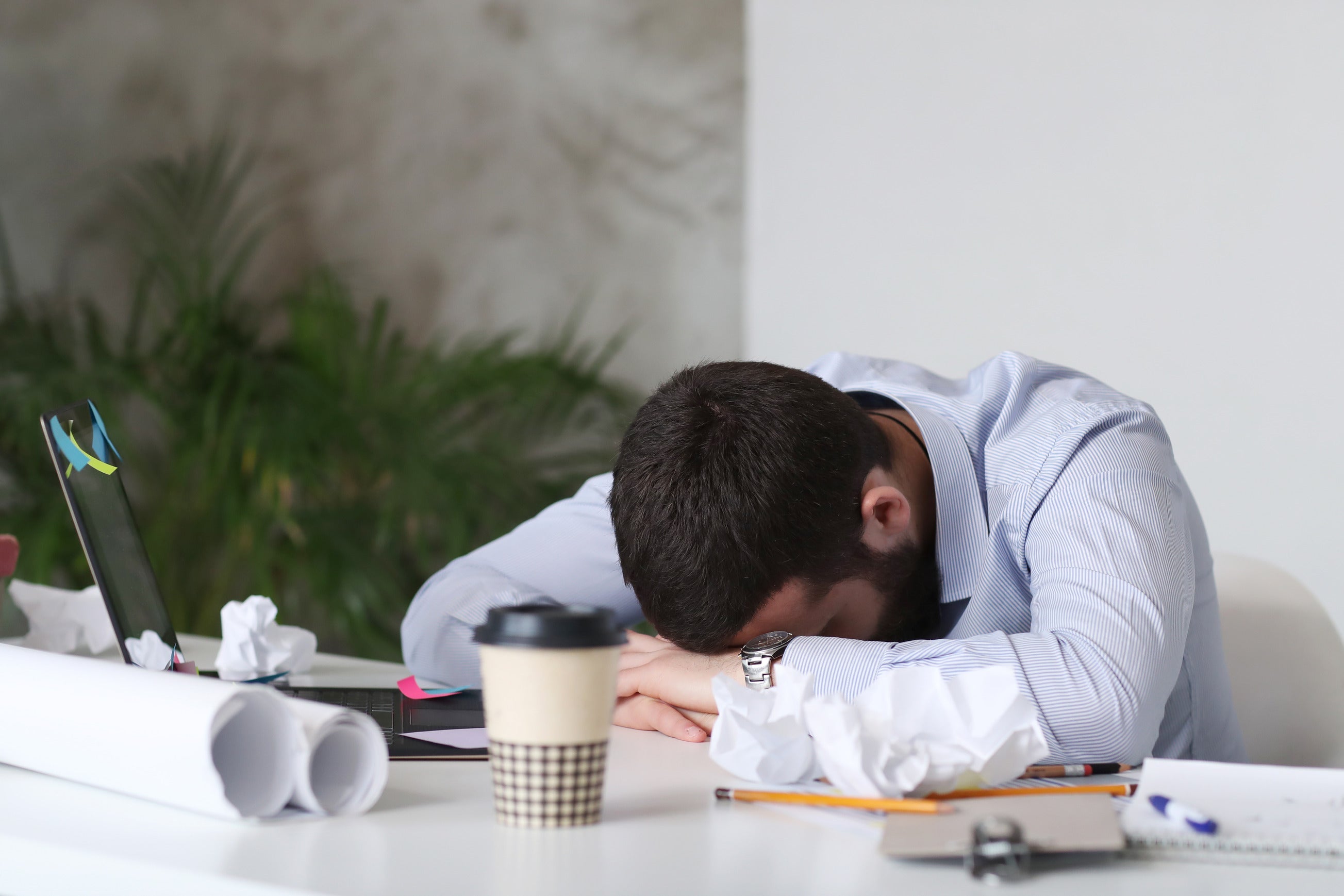
Navigating Toxins: the Invisible Hazards Around You
Toxins are in everything. From household products, the air we breathe, and even the food we consume: there are unnecessary and hazardous substances in almost everything around us. Our organs can naturally eliminate toxins from the body, but with increasing environmental pollution and lifestyle choices, the toxic load on those organs increases exponentially. It makes things tough, especially for those who are genetically predisposed to health complications like COPD (chronic obstructive pulmonary disorder) or congenital heart disease. Poor quality of air and high consumption of processed foods can worsen your system to the point of developing illnesses that can be very tough to live with.
The meaning of detoxing your body has had controversy surrounding it for a while, mainly because people would mistake things like ‘juice cleanses’ as an alternative to the body’s natural detoxification process. But the purpose of detoxing isn’t to replace those vital cleansing organs. It’s to strengthen the detox pathway so it can carry out its functions without issue.
This pathway comprises organs like the liver, lungs, kidneys, the GI tract, and the lymphatic system(1). That’s what makes it important to give your body some proper care and attention every now and then, although efficient detoxing requires sustained efforts and lifestyle changes.
What Contributes to Toxicity?
Heavy metals, mould, and environmental toxins in soil, water, and air are some common sources, but lifestyle choices like drinking alcohol, smoking, eating highly processed foods, and over-reliance on pharmaceutical medications also place a heavy burden on the body’s detox pathway. Over-use of OTC medications and NSAIDs (Non-Steroidal Anti-Inflammatory Drugs) can lead to liver disease(2, 3). In an attempt to lose weight or to improve performance, people look for suitable supplements without finding out how to select clean supplements and thereby introduce even more toxins into their bodies, further increasing the load on the detox pathway.
When these organs get overburdened, the body’s ability to naturally filter out toxins gets hampered and slows down, leading to improper function. If left unchecked, that dysfunction can lead to health issues.
Detoxing the Body
A proper detox process doesn’t just address the toxins inside you, but considers everything around you as well. Treat your body to a holistic detox & cleanse with these functional tips:
- Check for Household Toxins: The common household products you use may be loaded with toxic chemicals and pollutants that shouldn’t interact with your body either through skin, accidental ingestion, or inhalation. When purchasing products, check the ingredients list to scan for any toxins. Some common toxins in household products include:
- In detergents: 2-Butoxyethanol, Phthalates, and Triclosan
- In surface cleaners: BAC (Benzalkonium Chloride), Phthalates, Triclosan, Artificial fragrances
- In Toilet cleaners: chemicals like Sodium Hypochlorite, Bleach, 2-Butoxyethanol, HCL, Cetrimonium chloride (CTAC), and Oxybenzone
- In dishwashing liquid: Triclosan, Sodium Laureth Sulfate (SLES), Disodium EDTA, Phosphate, Formaldehyde, Sodium Chlorate, Lye (Sodium Hydroxide, or Potassium Hydroxide)
- In insecticides: d-Trans Allethrin, Kerosene, and Flammable gas
2. Toxins in Personal Care Products: This article reported that “cosmetics are one of the least regulated sets of consumer products,” because they contain substances that are generally considered safe, but the amount in which they are safe to interact with can vary, and isn’t always monitored. Common harmful substances in personal care products include:
- Parabens
- Phthalates
- Triclosan
- PFAs (Per and Polyfluoroalkyl Substances)
3. Toxins in Kitchenware: Kitchenware is made with different kinds of metals that might not be very safe to cook in, as the reactions of food components like acids with the added heat can cause these metallic materials to mix with the food being made. Chromium, Copper, Brass, Aluminium, Iron, and Clay are often used to make kitchenware, but can be risky if best manufacturing practices were not followed and if the cookware being used is aged. Unlined copper and other metals can sometimes leak into the food being made, leading to metal toxicity.(5) Non-stick cookware can also contain harmful substances called ‘forever chemicals’(6) that take a very long time to be filtered out of the body and the environment. Extra care should be taken to avoid cracked or broken non-stick cookware.(7)
4. Avoid Pathogens in Food: There are many opportunities for food toxins to make their way to you in the manufacturing process, whether by processing, handling errors, or contamination(8). Consuming pathogens from food can be very dangerous and cause many health issues and induce poisoning. Care must be taken to avoid ingesting them, such as properly washing your hands and ingredients before cooking or eating. Cook food to the right temperatures to kill any parasites or germs present inside. Of course, avoid known allergens and inflammatory foods like gluten as they can damage the gut lining and lead to inflammation and autoimmune conditions. Dangerous PFAs can also be in food packaging and can have a negative impact on your health.(9).

5. Adding detox foods to your diet:
- Berries and citrus fruits rich in vitamin C and antioxidants like blueberries, blackberries, amla, and oranges.
- Caffeine-free teas like detox teas or honeybush tea. Caffeinated teas like green tea should be avoided.
- A herbal blend of milk thistle, and dandelion as an anti-inflammatory concoction that’s also rich in antioxidants.
- Organ meat, especially liver, as it’s packed with nutrients that are beneficial for the body.
- Allium Vegetables like onion and garlic rich in sulfur that aid in glutathione activity which helps with liver detoxification.
- Free-range chicken & whole eggs (including the yolk) for selenium, sulfur, and proteins.
6. Avoid Caffeine: Caffeine causes many long-term health effects in exchange for short-term and very temporary satisfaction. It promotes wakefulness, jitteriness, anxiety, dehydration, and increased blood pressure. Satisfying though it may be, your body is better off without it. The caffeine itself can increase the load on your kidney, but extra additives in prepared drinks like coffees and teas can contain sugar, flavored syrups, etc., that further introduce inflammatory and harmful components into your body.
There is no one solution like ‘best detox cleanse’ or ‘best weight loss cleanse’. The purpose of detoxification is not to directly solve every health issue you have. And there is no single special detox diet that makes for a healthy substitution to a balanced, functional diet. But following a lifestyle that eliminates toxins and eating the right kind of foods is advised to assist your body in carrying out its functions ideally. Give your body the right conditions to work, and it will sort out its problems on its own. Detox is not the entire solution – it is a tool for your body to handle things; a simple means to a healthier end. Try it out and experience fresh and improved well-being!Other References:
- https://www.rupahealth.com/post/a-functional-medicine-approach-to-detox
- https://www.ncbi.nlm.nih.gov/pmc/articles/PMC5852693/
- https://www.cureus.com/articles/133013-severe-drug-induced-liver-injury-from-over-the-counter-medication#!/
- https://www.ithrivein.com/blog/common-toxins-in-personal-care-products
- https://www.ithrivein.com/blog/kitchen-utensils-can-be-toxic-too
- https://www.hsph.harvard.edu/news/hsph-in-the-news/protecting-against-forever-chemicals/#:~:text=Known%20as%20%E2%80%9Cforever%20chemicals%E2%80%9D%20because,%2C%20cosmetics%2C%20and%20toilet%20paper.
- https://www.iflscience.com/one-crack-in-your-non-stick-pan-can-release-thousands-of-forever-chemicals-66218
- https://www.ithrivein.com/blog/toxins-in-seafoods
- https://www.consumerreports.org/health/food-contaminants/dangerous-pfas-chemicals-are-in-your-food-packaging-a3786252074/
- https://www.ithrive.shop/products/detox-tea-blend
- https://www.ithrivein.com/blog/coffee-consumption-and-its-long-term-effects
- https://www.ithrivein.com/blog/common-toxins-in-household-products
- https://in2greatkc.com/functional-medicine-approach-to-detoxing/
- https://newsinhealth.nih.gov/2022/08/probing-personal-care-products
- https://www.ithrivein.com/blog/importance-of-detox
- https://www.consumerreports.org/toxic-chemicals-substances/you-cant-always-trust-claims-on-non-toxic-cookware-a4849321487/
- https://www.kidney.org/newsletter/coffee-and-kidney-disease#:~:text=Caffeine%20causes%20a%20short%20but,drink%20is%20a%20good%20idea.
- https://www.thehealthsite.com/fitness/diet/8-foods-to-cleanse-your-liver-this-summer-976822/


Leave a comment
This site is protected by hCaptcha and the hCaptcha Privacy Policy and Terms of Service apply.